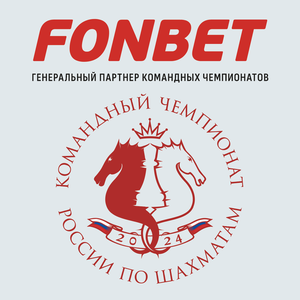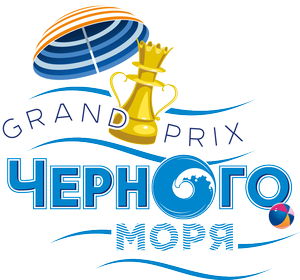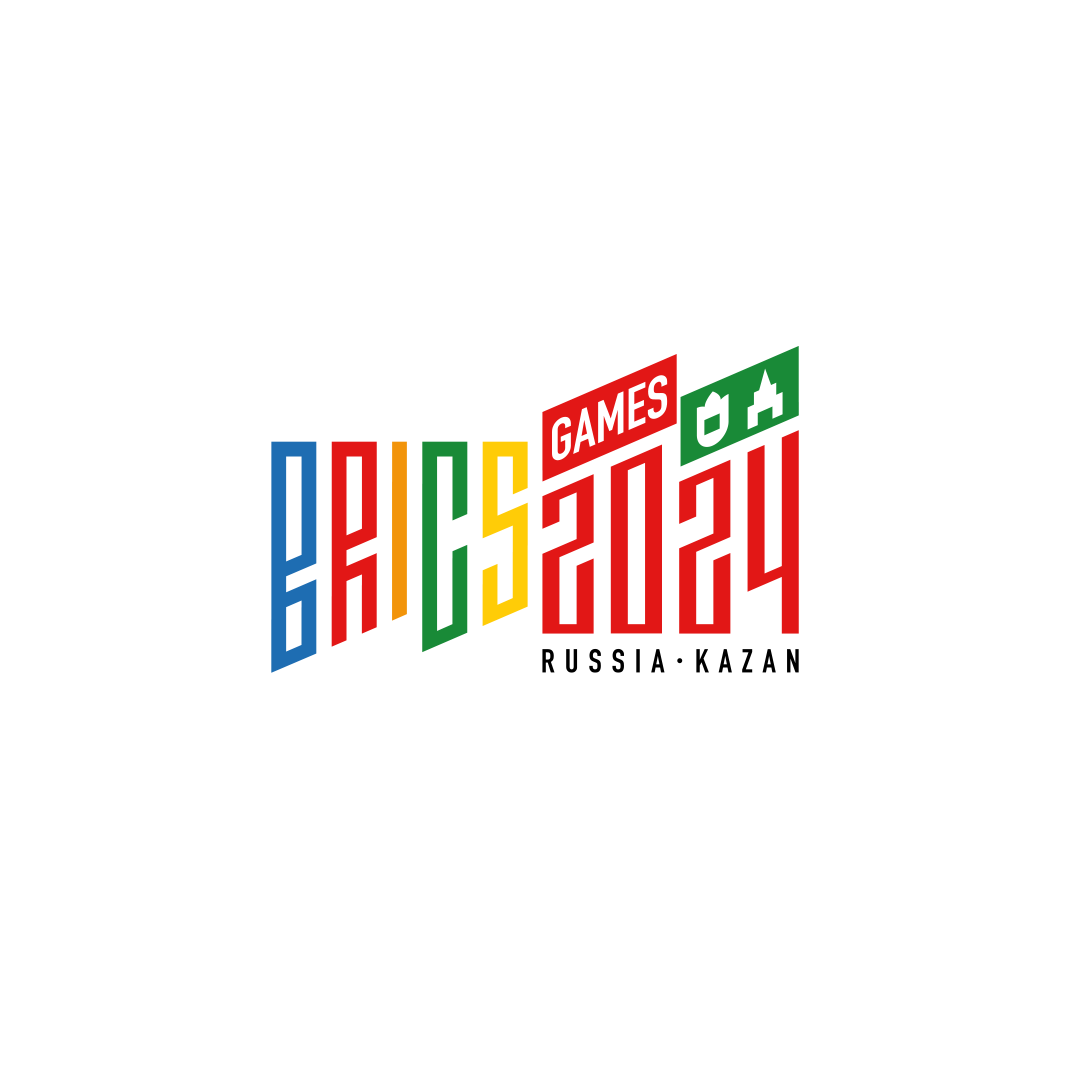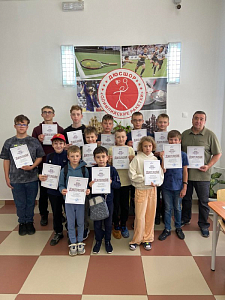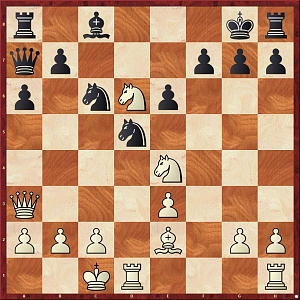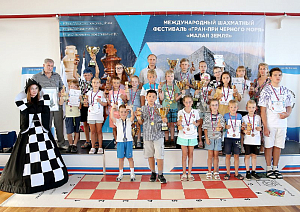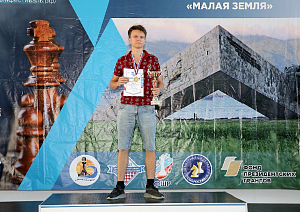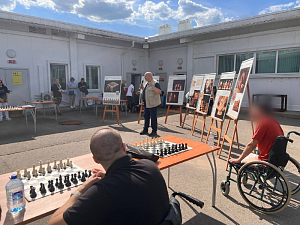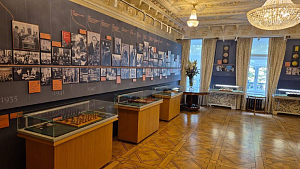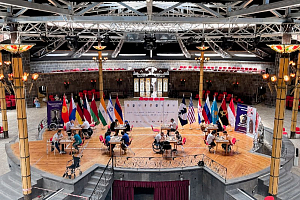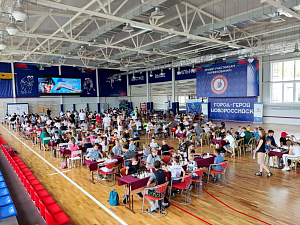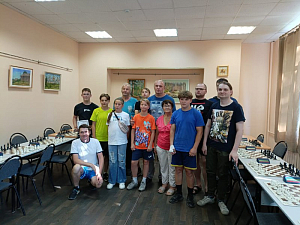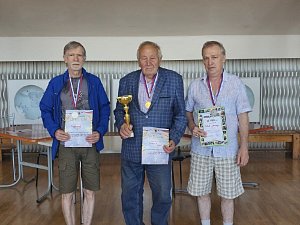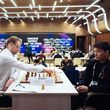Person of day - 11 FEBRUARY 2024
VLADIMIR ZAK
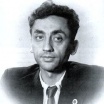
“A good teacher explains. A phenomenal teacher demonstrates. A great teacher inspires….Vladimir Grigoryevich Zak was a great teacher of chess”, wrote Gennady Sosonko, who was first a student, then a colleague of the exceptional trainer.
Vladimir Zak did not immediately realise that working with young chess players was his calling. He began his professional path as a worker at an optic-mechanical factory, then he graduated from university and worked as an engineer. In the evenings, for pleasure, he trained in the Pioneers’ Palace with young chess players.
“In 1941, he left for the front as a volunteer and survived the whole War with a weapon in hand. He did not enjoy telling us about that period of his life and he always replied to my questions about the War shortly or changed topic” Alexey Yuneev, his student and a famous trainer from St Peterburg, recalled. Zak had military honours, but he never boasted about them.
In 1946, Vladimir Zak returned to Leningrad’s Pioneers’ Palace and worked there for the next 40 years. Among his pupils are Boris Spassky, Viktor Korchnoi, Larisa Volpert, Alexander Kochiev, Alexey Yermolinsky, Valery Salov, Gata Kamsky and many more masters.
A professor and one of the world’s strongest female chess players in the middle of the last century, Larisa Volpert remembered: “The lessons, which were comprehensive and informative, usually took place in his home. There, I regularly let 9 year-old Boris Spassky and 14 year-old Viktor Korchnoi; both lived without fathers, both found a second home within that family and both regularly stayed behind for lunch. As you know, the post-war years were difficult. For a trainer with a small salary and a large family (a wife and two small daughters), they were even more so. But there was always lunch for those two boys in that kind house.”
Viktor Korchnoi: “I grew up without a father, who died in the War, and Zak largely replaced him. I went to his house, I was allowed into his family and he formed me as a man…he did a lot for my emotional education.”
According to Boris Spassky, his first trainer made a huge contribution not only to his chess career, but also to his development as a human. It was Zak who introduced Boris to the opera, who enrolled him in a skating session and recommended books to him. Furthermore, he obtained a stipend for young Spassky in the Sports Committee, which was a great help to the humble family.
Before the War, Zak trainer with Petr Romanovsky, a famous chess player, theoretic and trainer and in 1938 he became a candidate for sports master- back then, it was a rare and prestigious title. In the postwar years, he played two matches for the title of master, but he lost to strong opponents- Viktor Vasilyev and Yuri Averbakh. He soon quit performing and immersed himself into raising his pupils. In 1958, Vladimir Zak was awared the title of Recognised Trainer of the USSR.
“He remembered the birthdays and regular problems of multiple students and their parents and tried to help and he took time to appeal to party and state organisations if it was necessary. For him, the priority was the cause to which he devoted his life. He gave all of himself and could risk everything if he thought it would yield the desired results. He did not spare himself for the sake of those students he considered promising and he was ready to do anything to clear their path.” (A. Yuneev)
Vladimir Zak was a talented author who popularised chess. To his pen belong books such as Lasker, Ways of Improvement, From Small to Large and People and Chess (with Y. Dlugolensky as co-author).









